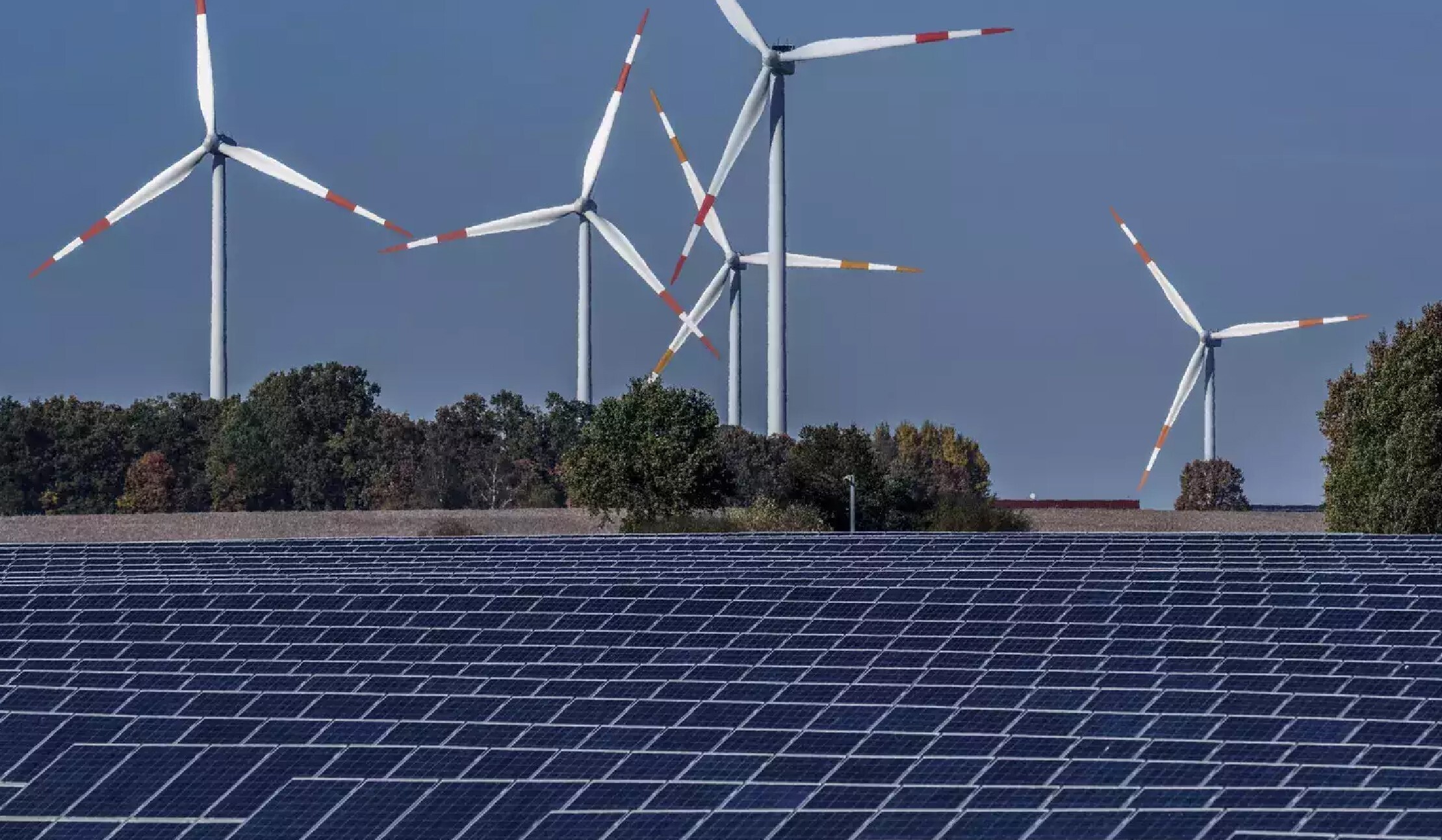您想继续阅读英文文章还
是切换到中文?
是切换到中文?

THINK ALUMINIUM THINK AL CIRCLE

Just when the Indian aluminium industry is prioritising its production, aiming to increase it by sixfold to achieve more than 30 million tonnes per annum of output from the present 4.2 million tonnes, the mandate issued by Renewable Consumption Obligation seems to have dampened the spirit because the mandate says the captive power consumers must derive 29.91 per cent of electricity from renewable sources and scale it up to 43.33 per cent by FY2030. On paper, this mandate is a well-meaning policy designed to support the Indian manufacturing industry to decarbonise its production, but in case of aluminium, some are of the opinion that it contradicts the country’s ambitious production dream and may even stall the progress it seeks to accelerate.

Critics warn that aluminium smelting requires uninterrupted, stable energy because it operates 24×7. Even a brief outage can cause irreversible damage and may even lead to operation shut down for up to two years. In such scenario, renewable energy in its current form is intermittent in nature because it is dependent on weather. For many industries, it is a manageable inconvenience but not for aluminium.
Recognising the concern, NITI Aayog, the government’s own think tank, has stated unequivocally in its report on the aluminium industry: “It is unfair to expect the aluminium industry to source their power from renewable sources as it needs stable, concurrent, uninterrupted and quality power.”
…and so much more!
SIGN UP / LOGINResponses








